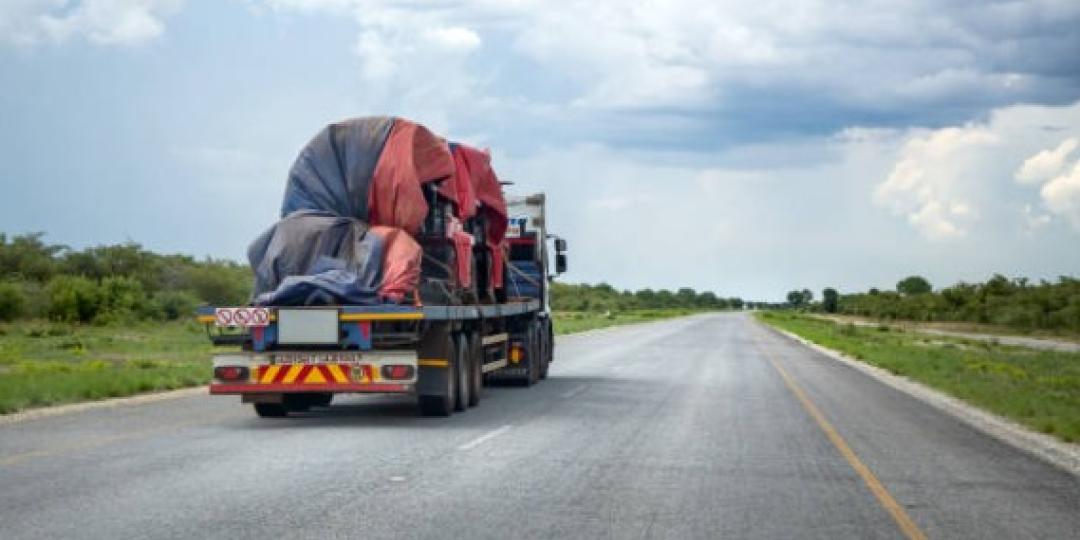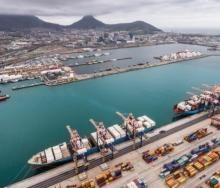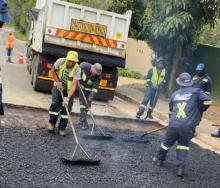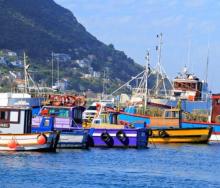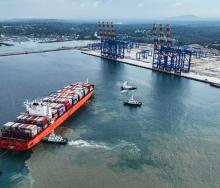As trade volumes surge across southern Africa, the need for harmonised policies and regional collaboration has never been more urgent – especially along key trade routes like the Trans Kalahari Corridor (TKC).
The decision by Botswana in November 2024 to terminate the consolidation of cargo at its borders had a ripple effect across the corridor, triggering severe delays, heavy congestion and skyrocketing transport costs.
According to Leslie Mpofu, executive director of the Trans Kalahari Corridor Secretariat (TKCS), the situation was compounded by flooding in Limpopo, leading to truck queues stretching for up to 20 kilometres.
These disruptions have laid bare the fragility of regional trade logistics and underscored the pressing need for integrated systems and seamless cross-border coordination to ensure cargo moves swiftly and efficiently across the region.
“The TKC has experienced tremendous growth, and as a result, we’re now seeing levels of congestion that we haven’t encountered before. At border posts like Skilpadshek and Kopfontein, we’ve been grappling with long queues, something we are actively working to manage,” said Mpofu.
“What makes the situation even more difficult is when unilateral decisions are taken and implemented without regional coordination.”
Previously, Botswana would allow trucks carrying consolidated cargo to be cleared as a single consignment, even if they contained up to 100 different commodities. Now, each item must be cleared separately, a process that is significantly more time-consuming and costly.
In effect, many of the resulting challenges function as non-tariff barriers, undermining the efficiency of the corridor and regional trade at large.
- Read the entire article in our Freight Features edition on “Botswana”, available on 20 June.
